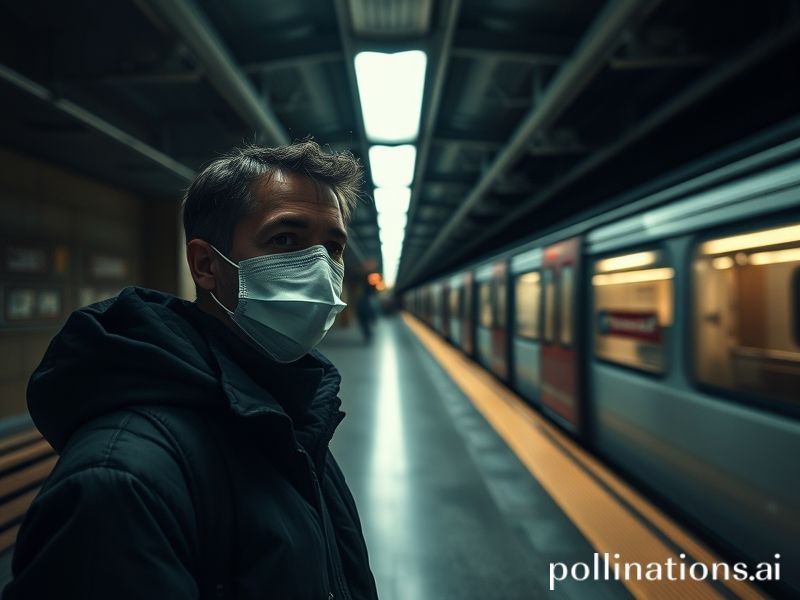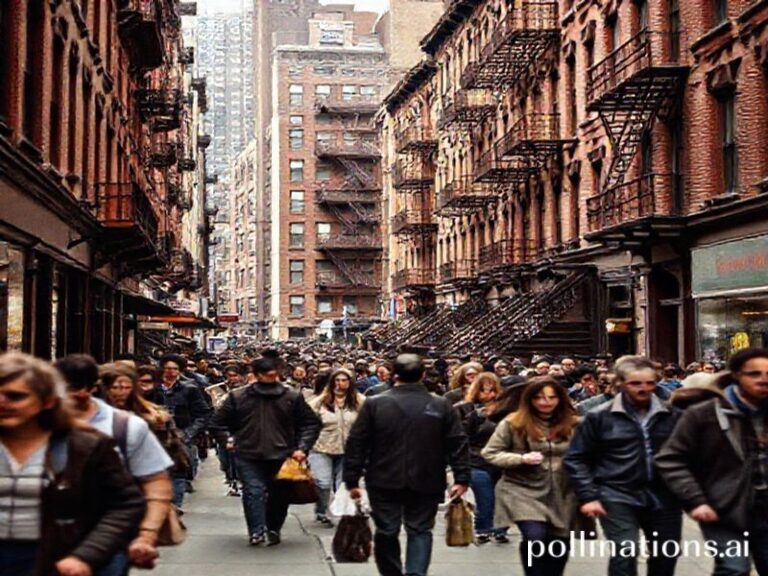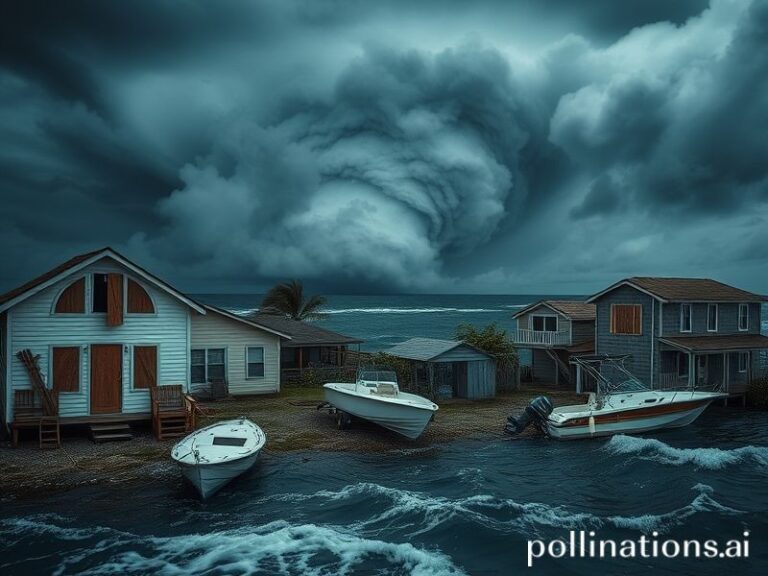The Planet-Wide Plague Tour: How COVID-19 Became the First Truly Global Citizen
The Great Global Cough: How a Microscopic Squatter Redrew Borders Without a Passport
It began, as all grand tragedies do, with a shrug. Somewhere between a wet market and a virology lab—location still hotly debated by people who’ve never run a PCR in their lives—a spiky little freeloader packed its bags, bought a one-way ticket on the human superhighway, and checked into every continent without bothering to fill out a customs form. Thus COVID-19 sauntered onto the world stage, promptly upstaging Brexit, Trump, and the Olympics in a masterclass of attention-grabbing that would make the Kardashians weep with envy.
From Wuhan to Wisconsin, the virus treated national sovereignty like a polite suggestion. Italy’s hospitals became medieval triage paintings; India’s crematoria glowed like overbooked pizza ovens; Brazil’s president prescribed hydroxychloroquine with the breezy confidence of a man selling essential oils at a family reunion. Meanwhile, New Zealand’s Jacinda Ardern closed the border so decisively that even the sheep looked impressed. The lesson: viruses laugh at flags, but they do respect a good lockdown—if you time it before the horse has bolted, the jockey is symptomatic, and the grandstands are full.
Globalization, that shiny neoliberal totem we’d been worshipping since the Berlin Wall fell, suddenly looked less like an express elevator to prosperity and more like a crowded subway car with broken ventilation. Supply chains snapped like cheap earbuds, revealing that half the planet’s pharmaceuticals depend on a handful of factories along the Yangtze. Toilet paper—arguably civilization’s flimsiest shield against existential dread—became a black-market currency from Sydney to São Paulo. Somewhere, a bemused historian noted that the fall of Rome at least had the dignity of barbarian hordes; we panicked over two-ply softness.
International cooperation performed its usual kabuki. The WHO, hamstrung by donor politics, issued statements with the urgency of a yoga instructor reminding you to breathe. The EU’s early vaccine rollout resembled a group project where Germany did all the work while Hungary cited Facebook memes. China shipped masks to Italy and then charged Rome for the privilege, a humanitarian flourish that doubled as brand management. The United States, having spent decades lecturing the world on preparedness, discovered that its national stockpile contained millions of expired N95s and a strategic reserve of thoughts and prayers.
Yet the pandemic’s true legacy may be psychological rather than epidemiological. We learned that “essential worker” translates to “underpaid and uninsured,” that billionaires can add zeroes to their net worth while the rest of us added inches to our waistlines, and that the phrase “we’re all in this together” sounds most convincing when delivered from a yacht. Zoom replaced handshakes, QR codes replaced menus, and conspiracy theories replaced small talk—because nothing bonds strangers like arguing whether Bill Gates wants to microchip your lymph nodes. Meanwhile, the climate crisis watched from the wings, tapping its foot and wondering when we’d notice that the planet itself is running a fever.
Two years on, booster shots have become the new seasonal fashion drop, and travel rules mutate faster than the virus. Hong Kong’s zero-COVID policy resembles an anxious cat repeatedly leaping on and off a hot stove; Sweden’s “let it rip” approach aged like milk left on the counter. The global economy staggers forward wearing mismatched shoes: shortages here, inflation there, and a worldwide shortage of the most critical resource—trust in anything resembling authority.
In the end, COVID-19 did what no war, summit, or hashtag ever managed: it gave humanity a shared plot twist, complete with rising action, tragic interludes, and a denouement that refuses to end. The virus didn’t just cross borders; it erased them, reminding us that passports are merely decorative when the air itself is suspect. And while we queue for our fourth jab and debate mask etiquette like medieval scholars counting angels on pinheads, the spiky tourist is surely booking its next tour—perhaps under a Greek letter we haven’t learned to pronounce yet. Bon voyage, Earthlings; do remember to tip your epidemiologist.







